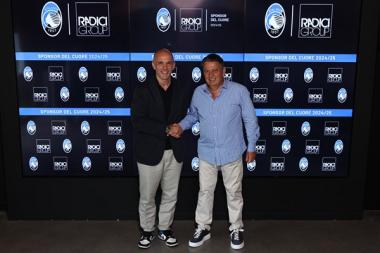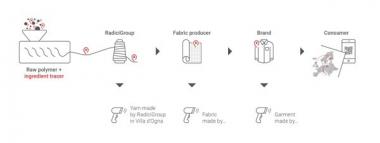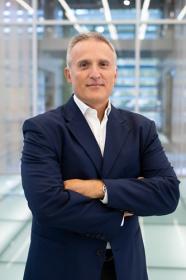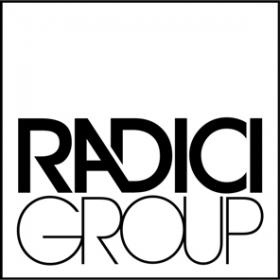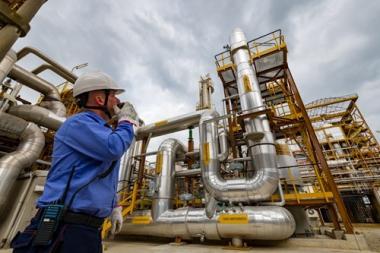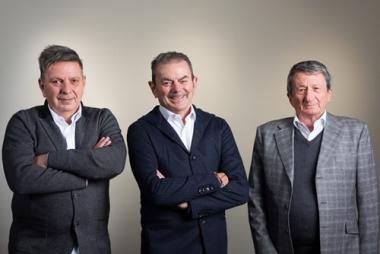RadiciGroup and Atalanta: Renewal of partnership for 2024/25 season
RadiciGroup and Atalanta Bergamasca Calcio announce the renewal of their partnership for the 2024/25 season. RadiciGroup will be the "Sponsor del Cuore" (Heart Sponsor) for the Italian Serie A league and the Supercoppa Italia, which will take place in January 2025 in Riyadh, while it will be the "Sleeve Partner" in the UEFA Champions League and Coppa Italia matches.
RadiciGroup therefore remains the "Sponsor del Cuore" of the Atalanta team, renewing the partnership started in 2017. Over these years, during which the Nerazzurri have achieved success, RadiciGroup has always supported the management, coach, players, and staff of Atalanta. This relationship is based on shared values such as attention to the territory, passion for the black and blue colours, and the ability to showcase an incredible game that highlights each player's talent within a winning team. Atalanta concluded the 2023/24 season triumphantly, winning the Europa League and giving Bergamo fans a trophy.
RadiciGroup


